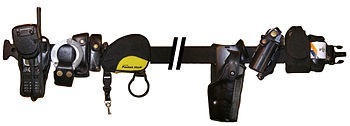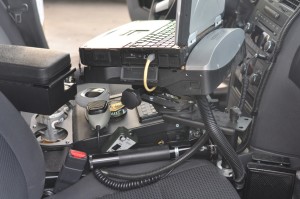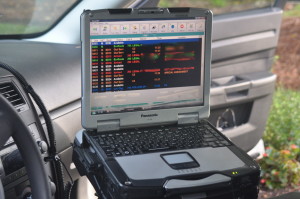KN, p. 165 “What does a lawyer really do?
Ah, the joys of being a TV/movie lawyer. The lawyers wear nice clothes, have offices with great addresses and those fab coffee carts right in front of the office building always have the best bagels and croissants. The TV lawyers get hired with big bonuses at huge law firms even before they finish law school. The cases are always interesting and there’s a large, steady paycheck coming in. Only the lousy lawyers get the so-so cases and the associates do the investigating while writing all the briefs.
Hmmm…maybe not.
In reality, the average beginning lawyer is not wealthy and unless associated with a law firm before graduation (during an internship) will take a few years to get established or have the luxury of being choosy about cases and/or clients.
It differs across the country and whether located in large or small towns, but lawyers can have a variety of specialties. In general, a lawyer advises the client about the legal options available and sometimes represents them in court. They conduct research for the particular case, prepare presentations for court or business meetings, and represent individuals or businesses or organizations. Some lawyers never see the inside of a courtroom, but instead, spend their days writing and filing briefs and contracts.
A lawyer can use the degree as a path to become a judge, to teach in law school, to become a law enforcement officer, or even to become a politician. Some specialties that require special certification include child welfare, real estate, estate planning, elder law, tax law, among several others.
TV lawyers are typically criminal defense attorneys or else they handle high dollar mergers and acquisitions. After all, the real estate contracts that every real-life homeowner in the country has to have, hardly makes for exciting TV. We, as the viewing audience, would rather watch a show about something more fun than deeds and mortgages.
Soooo…..
What Does a Criminal Prosecutor Do?
A Criminal Prosecutor is a lawyer that works for a State or Federal authority – sometimes elected, sometimes appointed. His/her job is to bring a case against an accused person in a criminal trial and to prove that the defendant is guilty beyond a reasonable doubt. In the United States justice system, a criminal defendant is always considered to be innocent until proven guilty. Law enforcement officers gather the evidence and work with prosecutors to put the bad guys away.
Some of the duties of a criminal prosecutor may include:
- Deciding whether or not to file criminal charges against a suspect
- Research the facts/information of a case to see if the evidence will support a win, and therefore the expense of a trial
- Deciding whether or not to conduct plea bargains with opposing attorneys
- Interviewing witnesses and reviewing their testimonies
- Presenting evidence to the jury
What Is a Criminal Defense Attorney?
A Criminal Defense Attorney gives legal advice and defends criminal defendants during trial. If a criminal defendant can’t afford a lawyer, the state will provide a public defender. Many criminal defense attorneys work at private criminal defense firms and charge several hundred dollars an hour.
A criminal defense lawyer frequently offers legal services even before criminal charges have been formally filed against the suspect, by sitting in on (and giving advice during) interrogations by the police or other legal entities. In the United States legal system, a suspect is allowed to ask for an attorney to be present at all questioning sessions, bail hearings, plea bargaining, etc.
Criminal defense attorneys perform these tasks:
- Assist suspects who have requested the presence of a lawyer during police interrogations
- Assist clients during the pre-trial period
- Engage in plea negotiations with the prosecutor, to obtain a reduced sentence or to have the charges dropped
- Research the facts and laws involved in the criminal case
- Defend clients during trial
- Interview key witnesses to obtain testimony
- File for an appeal or retrial if available
- Assist with parole issues
http://www.legalmatch.com/law-library/article/what-is-a-criminal-justice-lawyer.html
If you like the idea of becoming a criminal lawyer, you’ll need:
- a great eye for detail
- to write clearly and concisely
- to speak persuasively to strangers (the jury)
- to have great investigative skills
- excellent grades (3.5/B+ or better) in undergrad school
- $75-250K for three years of law school in addition to your undergrad degree costs
Lawyers in all areas of the private and public sectors have exactly the same list of needs. Still interested? Go for it!
*Photo credit:
Lady Justice, LOUIS J. LEFKOWITZ BUILDING, New York County, NY
KN, p. 165 “What does a lawyer really do? Read More »








